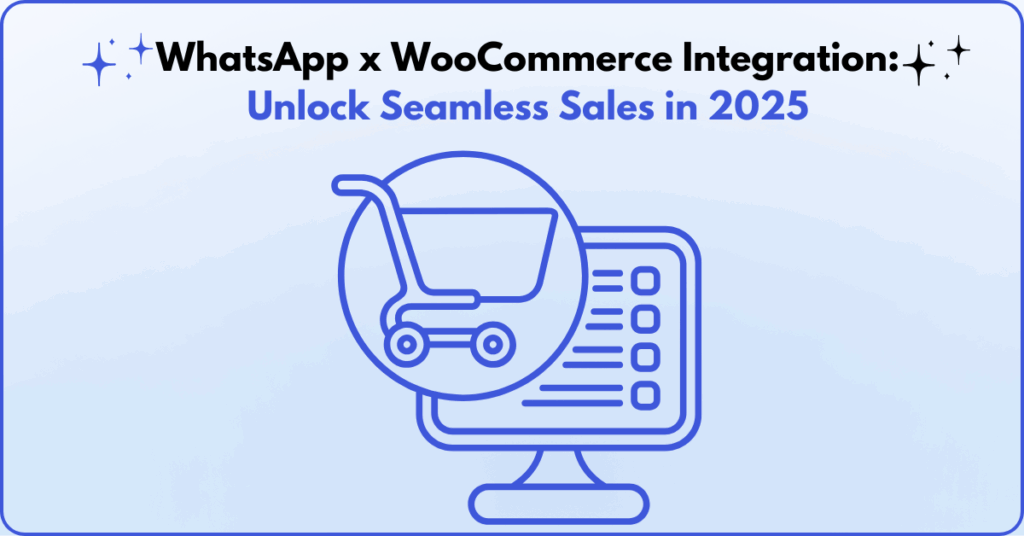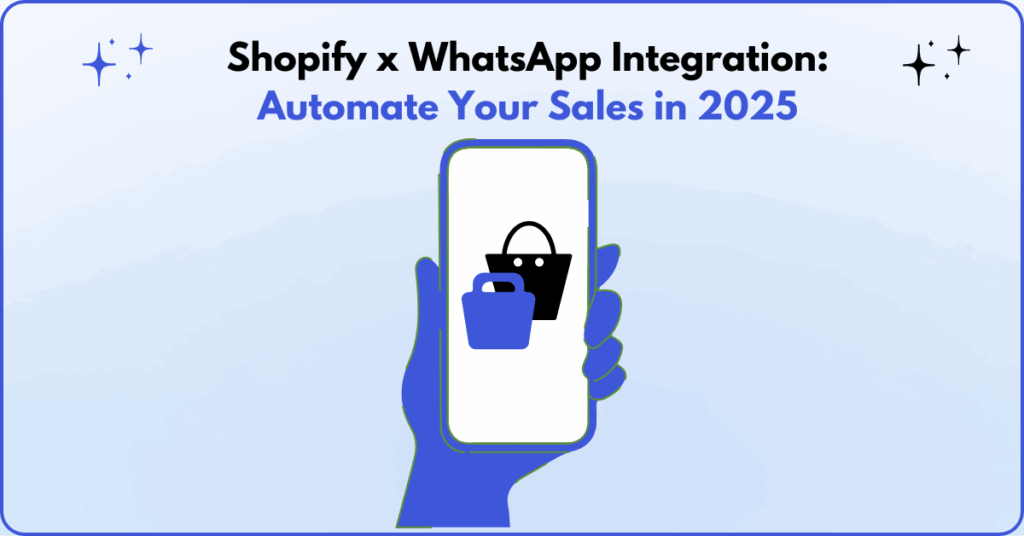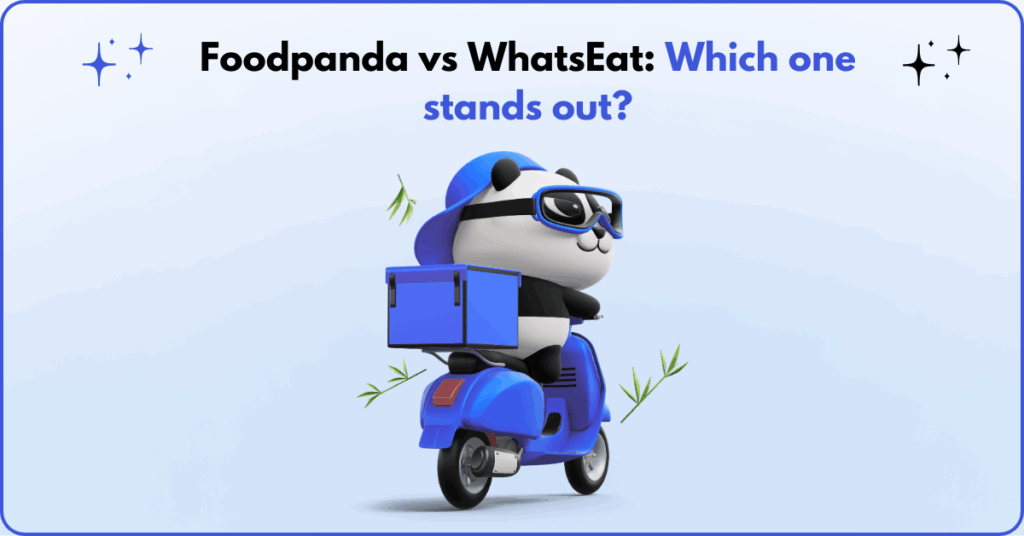Email vs WhatsApp Marketing: What’s Best for Your Business?
The way businesses do marketing has evolved significantly, offering businesses various platforms to engage with their audience. Email and WhatsApp marketing are two of the most effective communication tools that are being adopted by businesses all around the globe. Email marketing is a way to deliver the content for delivering structured, professional and long- form content. WhatsApp Marketing helps in interactive and instant communication with customers. Both ways have unique pros and some challenges, it is always better to select the right platform. The selection depends on the business goals, target audience, and other factors.
What is the Difference Between Email and WhatsApp Marketing?
Email marketing is all about sending emails to subscribers via email platforms such as Mailchimp, Apollo or HubSpot, etc. Businesses use email marketing to send in newsletters, and send promotional offer, or to communicate with customers over time.
WhatsApp marketing use instant messaging for direct, two-way communication with customers. Businesses can use the WhatsApp Business app or WhatsApp Business API to send in promotional offers, offer customer support, personalized message,s etc. WhatsApp is best to send in short messages, and real time engagement with customers.
Which Platform Has Good Engagement Rates?
WhatsApp marketing is better than email marketing in terms of engagement. WhatsApp messages have an open rate of around 98%, while email marketing typically sees an open rate between around 15-25%. The click-through rate (CTR) for WhatsApp messages is also significantly greater than that of email marketing.
This high engagement rate is due to WhatsApp application use and how frequently is used by the users. Since WhatsApp notifications are instantly shown on the phone number and is frequently used. This effects the open rate and better response that help in achieving the target. While the emails might land into spams or junk folders, thus impacting the open rates.
Which Platform Is Better in Terms of Cost?
Email marketing is generally more cost-effective, depending on the tool the business on relying on. Also, it depends on the contact list number, as most service provider charge depending om number of emails sent per month.
WhatsApp marketing, particularly through the WhatsApp Business API, have costs per message sent, which can add up quickly for businesses. However, WhatsApp’s higher engagement rate and effectiveness help in justifying the cost for businesses that prioritize instant interactions and customer support.
The Comparison for Personalization
Personalization is very important in order to ensure successful attempt to achieve marketing success, and both platforms offer various personalization opportunities.
- WhatsApp Marketing: WhatsApp helps in keeping the real-time, two-way communication. The platforms gives an edge for making it easy to send personalized replies, recommend products, and engage customers by sending media content. Businesses can use chatbots to help in instant responses to their customers.
- Email Marketing: The content, and messages can be customized along side the subject lines for the email. The catchy subject line can help in improving the open rate but the interactive and instant nature of WhatsApp is missing in this platform.
For businesses that require quick and instant engagement, WhatsApp is the best option. However, for detailed, customized marketing campaigns, email marketing can still be the effective too.
Which Platform Helps in Driving More Sales?
Conversion rates are greater for WhatsApp marketing as compared to the email marketing. This is because of instant nature and direct engagement. Many businesses experience that WhatsApp messages lead to faster responses and immediate results for instance, clicking on a link, making a purchase, or booking an appointment.
Email, is still widely used tool for the sales and marketing. This requires followups and less conversations as compared to WhatsApp. Additionally, emails can be marked as spam or go in junk folder. This impact the effectiveness of the delivery and marketing efforts.
Which One Is The Best Tool for B2B and B2C?
The choice between email and WhatsApp marketing can depend on the nature of the business. Whether business is a B2B or B2C.
- B2B (Business-to-Business): Email marketing is the best choice for B2B communications. Emails help in sending detailed proposa, documents, newsletters, and all the required material. The B2B businesses have longer time frames to close the deals, thus email also helps in follow-ups.
- B2C (Business-to-Consumer): WhatsApp marketing is convenient option for B2C businesses that are selling any product or service. This helps in instant communication, recommendation and real time support. This brings great benefit to ecommerce stores.
What Are the Compliance and Privacy Concerns?
Both email and WhatsApp marketing require businesses to comply with data protection regulations.
- Email Compliance: Businesses must adhere to GDPR (General Data Protection Regulation) in Europe, the CAN-SPAM Act in the US, and other regional laws requiring the consent from customers, and data protection. Every country has different Policy.
- WhatsApp Compliance: WhatsApp Business requires users to opt-in before receiving marketing messages. Additionally, businesses are supposed to follow WhatsApp’s strict policies for promotional content
From a security perspective, WhatsApp offers end-to-end encryption, thus offering more security.
Which Platform Offers Better Analytics and Automation?
Analytics and automation capabilities differ significantly between the two platforms.
- Email Marketing: Email marketing tools provide comprehensive analytics, including open rates, click-through rates, bounce rates, and conversion tracking. Automation features enable businesses to create email sequences, trigger-based responses, and A/B testing.
- WhatsApp Marketing: WhatsApp analytics primarily include message delivery status, read receipts, and response times. Advanced automation requires integration with AI chatbots and third-party CRM systems.
For data-driven nights, email offers great insights to evaluate the strategy and make proper marketing reports. However, WhatsApp only provides real-time insights with customer behavior.
Use Cases for Each Platform
Different businesses use email and WhatsApp marketing depending on their main business objective.
Email Marketing Use Cases:
- Newsletters: Businesses regular company news, updates, new products etc
- Promotional Campaigns: Holiday offers, discounts, season greetings are sent via email
- Transactional Emails: Confirmation emails are sent for order confirmations or payment
WhatsApp Marketing Use Cases:
- Customer Support: Businesses offer instant customer support to resolve any sort of issues
- Appointment Reminders: WhatsApp is used to send in automatic reminders for the booking to the customers.
- Order Confirmations: E-commerce stores rely for order confirmation through WhatsApp making it easy for them to do the business.
- Promotional Messages: Businesses send offers and discount]ts on WhatsApp of their customers for instant results.
Conclusion: Which One is The Better Option?
Both email and WhatsApp marketing have their pros and cons. But the decision entirely depends on what is the main objective for the marketing. The target audience also plays a vital role. In order to test and opt for the best possible option, businesses can integrate both at the same time. Emails are best for long form communication and for B2B businesses. WhatsApp Marketing work best for short form, promotional, and customer support messages and for the B2C businesses.
Related Blogs
Products
Industries
Resources
© 2025 The Maskchat
- Privacy Policy
- Terms of Use
Meta Business Partners




